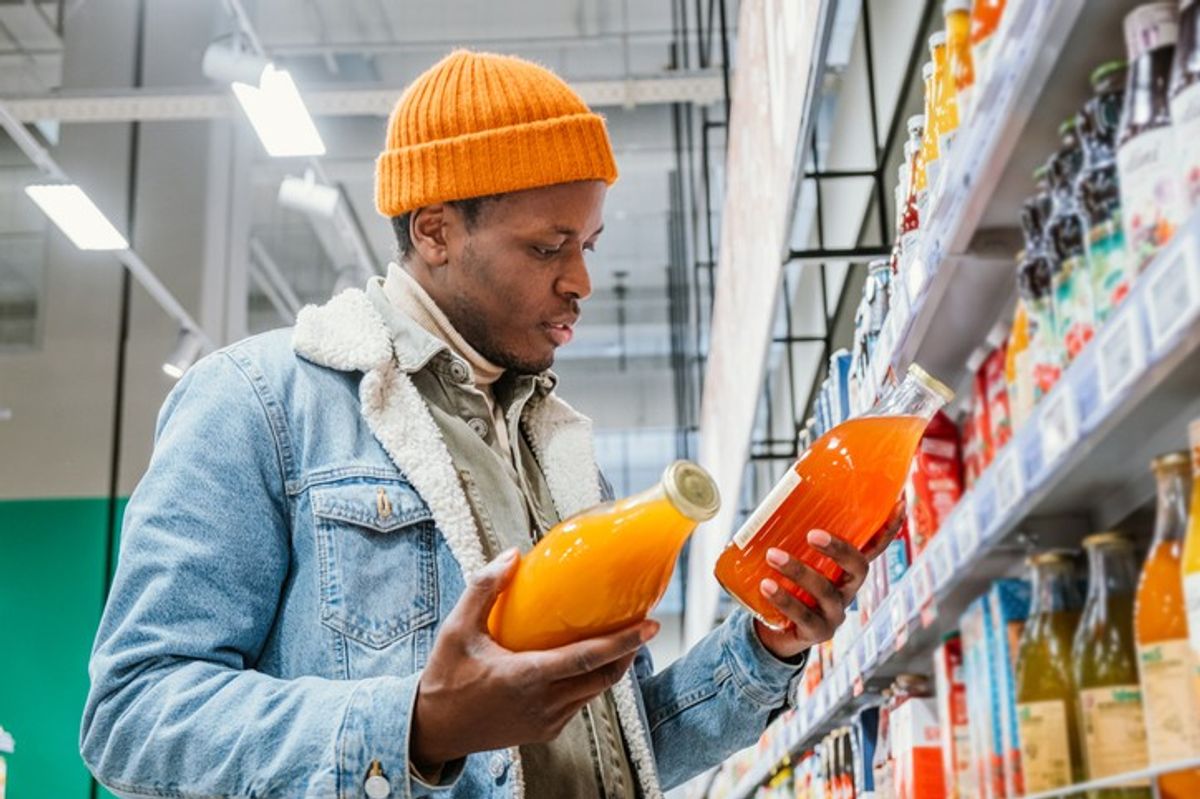Shoppers are now more cautious of how much they are spending and are prepared to make trade-offs around the number of items purchased, says a new report by NielsenIQ, which states that total till sales at supermarkets in the UK fell by 1.8 percent over the four weeks ending April 23.
Latest data from NielsenIQ shows that in the last four week period there was a slight decline in the number of items in the basket (11.2 items compared to 11.5 in March).
Shoppers spent £10.1 billion on groceries, down from £10.5bn in the same four week Easter period in 2021. However, this is above the £9.6bn in sales recorded during the same period in 2019, highlighting a rebalancing of supermarket spend as UK shopping behaviour returns to pre-pandemic levels.
Meanwhile, in-store sales are growing (+0.8 percent) and visits to stores are up 5.1 percent. This has impacted the online share of grocery spend, which has now fallen to 11.8 percent, the lowest since April 2020.
The strongest super category in the last four week period has been confectionery (+35 percent, aided by the timing of Easter), pet and pet care (+13.6 percent), health and beauty (+8.3 percent), soft drinks (+3.3 percent) and delicatessen (+2 percent).
The biggest decline in sales happened for beers, wines and spirits (-15.9 percent), meat, fish and poultry (-7.8 percent) as well as frozen food (-7.5 percent). In particular, volume sales fell 13 percent in meat, fish and poultry, which NielsenIQ said could indicate that shoppers are moderating their purchasing in this category.
The data resonates with a recent NielsenIQ survey where 28 percent said this is the top category where they would save money on their grocery spend.
“It is clear that as cost-of-living increases continue, retailers will be looking to make sure they offer the best value for money,” Mike Watkins, NielsenIQ’s UK Head of Retailer and Business Insight, said.
“Promotional spend has already moved up to 21.5 percent of value sales, and whilst in this instance this reflects seasonal promotions, this could also herald the start of more pricing activity in the weeks ahead, such as private label price cuts and more targeted promotions through loyalty schemes.
“With this in mind, it will be important for retailers and brands to adapt ranges and prices to help maintain sales momentum in Q2 and into the start of summer,” he said.


